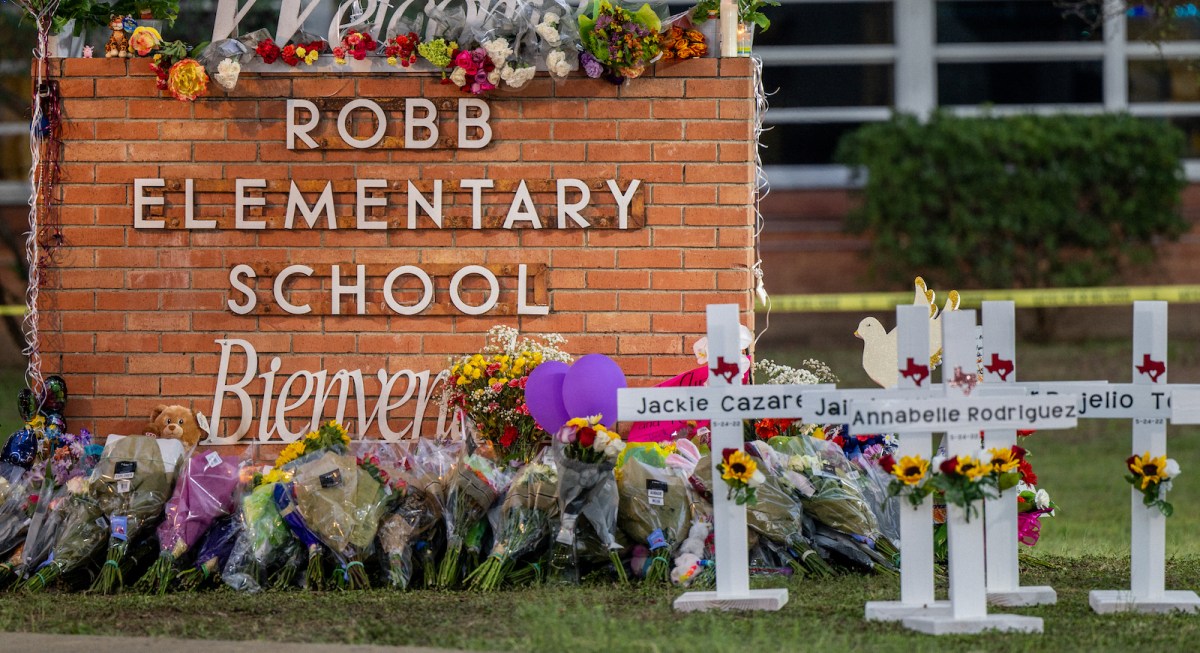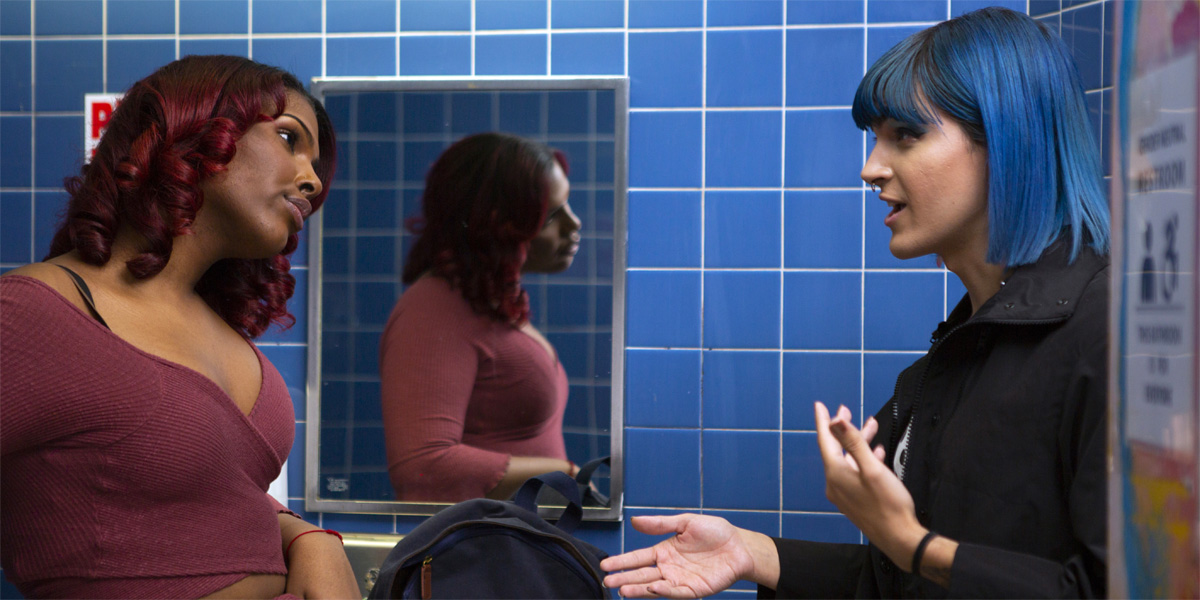 On Friday, Ontario premier Dalton McGuinty pledged that Ontario students — not administrators — would be the ones to determine whether or not LGBT support groups formed at their schools.
On Friday, Ontario premier Dalton McGuinty pledged that Ontario students — not administrators — would be the ones to determine whether or not LGBT support groups formed at their schools.
In a statement read by MPP Glen Murray at Toronto Pride’s international marshals’ reception, McGuinty, who was not able to attend, said that rather than school administrators deciding whether to have groups, if the students want one, they will get it:
“I know that student support groups for LGBT students have been controversial in some schools. We need to move beyond that. We need to be supportive and accepting of all our kids. And I am proud that effective this September, high school students who want their school to have a student support group for LGBT students will have one.
This is not a matter of choice for school boards or principals. If students want it, they will have it. We live in a world where teens are still taking their lives because of homophobia and we owe it to them to get them the support they deserve. It’s all a matter of being understanding and supportive.”
Rather than creating a new policy, the statement strongly affirms something already in place — Ontario schools have been technically supposed to allow gay-related groups for a while, but in practice, Catholic schools and school boards haven’t been accommodating. The Ontario Catholic school system only started allowing groups that focus on homophobia and transphobia specifically, instead of “equity” clubs to address discrimination in general, in April of this year. And they still don’t allow gay-straight alliances or group names that emphasize being gay over being Catholic, which is why St. Joseph Catholic Secondary School, in Mississauga, banned rainbows last month.
According to Xtra, Murray called the statement “a huge step forward” and said that “rights are never easily won. It’s always a battle. And this is a victory.”

Catholic educators have expressed concern about GSAs for a variety of reasons. One member of the Ontario Catholic School Trustees’ Association thinks that GSAs are “associated with activist groups, and the purpose of our clubs will be to provide support, not activism.” Another said that, “There’s a lingering concern … that early identification of sexual orientation may not be in the best interest of all students, and that really was one of the initial objections. And that still remains.”
However, McGuinty’s statement doesn’t explicitly allow gay-straight alliances, but “student support groups,” something that Murray also confirmed in a text message to Xtra:
“Premier McGuinty did not use the words ‘GSAs.’ He said ‘support groups for LGBT youth.’ Starting in September, it will be students, not principals or school boards that will decide whether a school has an LGBT support group. I emphasize he also did not say ‘generic support groups or diversity groups’; he said specifically ‘an LGBT support group.’ He did not, however, use the words GSA.”
According to Leanne Iskander, a grade 11 student at St. Joseph and the founder of the non-GSA GSA “Open Arms,” this is not good enough:
“It bothers me that [McGuinty] hasn’t specifically said they’re allowing GSAs. […] I don’t think what he’s saying is allowed now is much different from what we have…but they made us call [our group] Open Arms, which is so generic and no one knows what it is. There’s no point having the support there if students don’t know it’s there, so the name is important.”
This entire situation seems to have been going in circles for months. Ontario grudgingly allows gay groups. Catholic schools ignore this. Ontario says, no really. Catholic schools allow “diversity groups.” Lots of people on both sides get upset about this. Ontario says, no, really. Catholic schools say, well maybe, but we’re uncomfortable. Ontario says, no comment on the phrase “gay-straight alliance.” Catholic schools say they’re still uncomfortable. I hit my head against my desk. Etc.
According to Xtra, this situation might become a campaign issue as Ontario heads towards the October 6 general election. Let’s hope it is.







